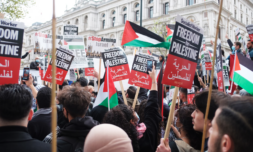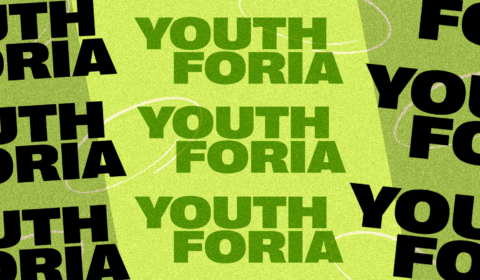Millions of people have been boycotting brands that support the Israeli occupation of Gaza since the start of the bombardment more than two months ago. After posting a questionable ad campaign on its website, the latest brand to be hit with pushback is the fast fashion brand Zara.
The Israeli bombardment of the Gaza Strip has now been going on for two months.
During the last nine weeks, the horrific images and videos posted to social media by Palestinian journalists have caused millions of people – many of whom initially supported the IDF’s decision to retaliate against the events of October 7th – to change their tone.
In the eyes of many, Israel’s ‘right to defend itself’ has transformed into a mission to demolish Gaza’s infrastructure and to ethnically cleanse Palestinians from their occupied land. While protests calling for an immediate ceasefire have erupted all over the world, leaders with the power to force peace talks have either voted against this move or stayed completely silent.
As a result, supporters of the Palestinian cause are refusing to give their money to major corporations that suppress the movement for Palestinian freedom, as well as companies that actively fund the state of Israel.
Starbucks, which sued its labour union after it moved to post to social media in support of Palestinians, has seen its market value drop $11 billion since the boycotts and employee strikes – the lowest its market share has been since 1992.
McDonald’s, Burger King, and Domino’s Pizza have faced similar boycotts after the three companies offered free meals to IDF soldiers. The latest brand facing boycotts and visits from protestors is fast fashion giant Zara, after posting a poorly timed campaign on the front page of its website.
Many believe the models in the photos, who are posed holding mannequins wrapped in white fabric and surrounded by statues with missing limbs, bear resemblance to the images pouring out of Gaza.
Why are people boycotting fashion giant Zara? pic.twitter.com/CYruw8q79E
— TRT World (@trtworld) December 12, 2023



















